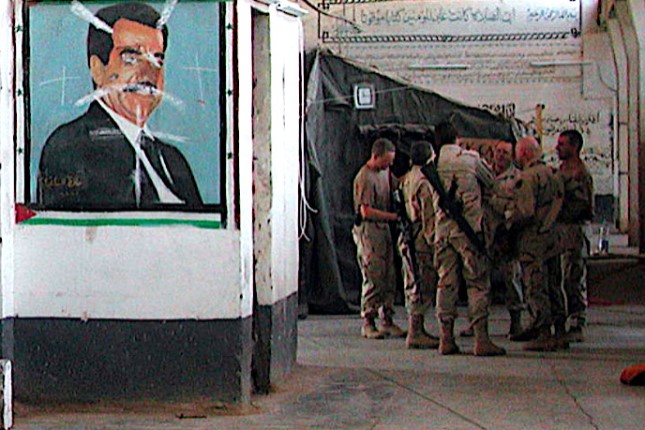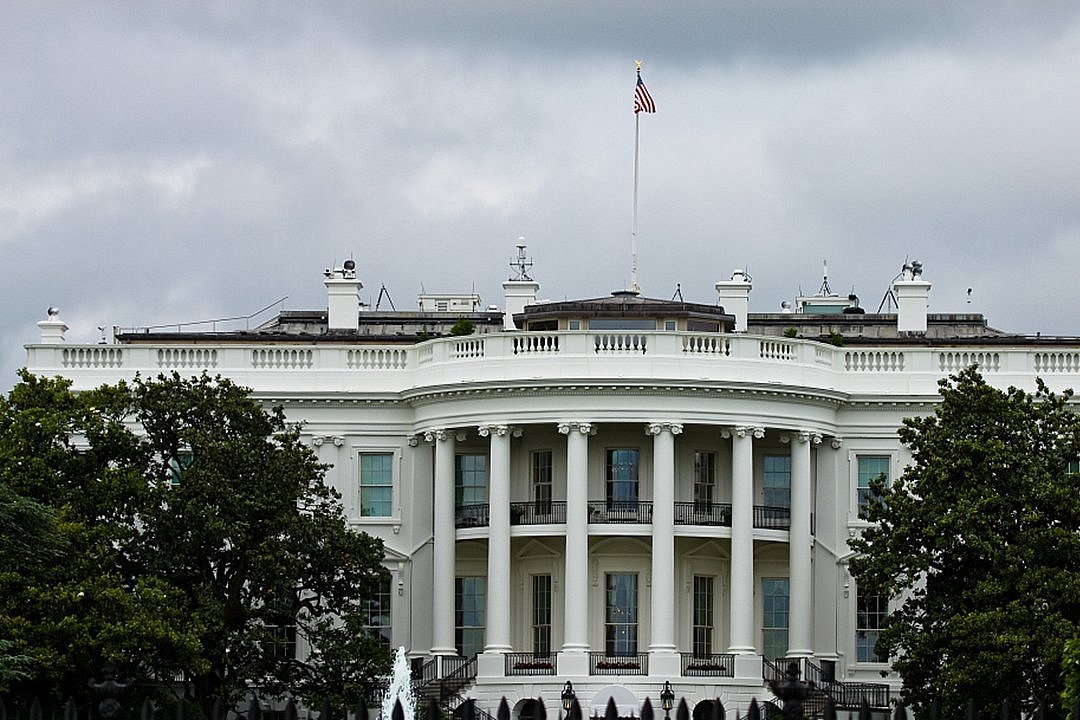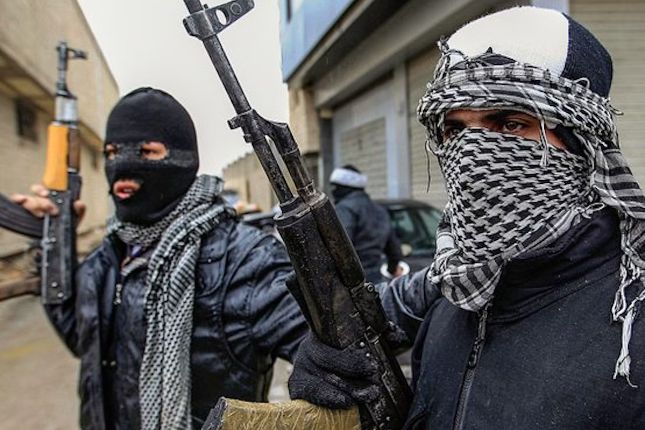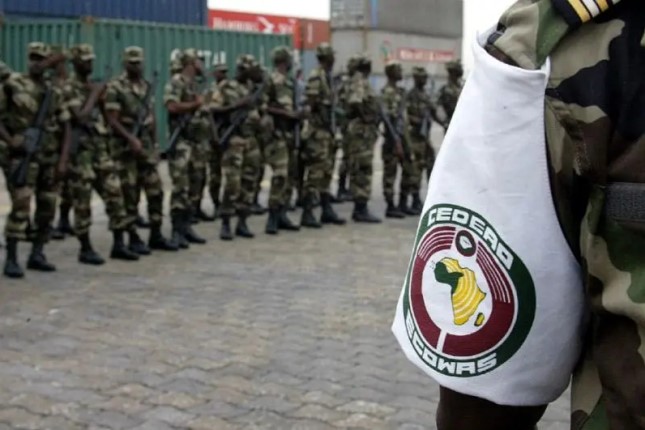Survivors of torture at the hands of U.S. troops and private interrogators cheered a federal judge’s rejection this week of an infamous military contractor’s latest bid to dismiss a lawsuit brought by Iraqis formerly jailed in the notorious Abu Ghraib prison during the early years of the American-led occupation.
Judge Leonie Brinkema in the U.S. District Court for the Eastern District of Virginia in Alexandria on Monday refused to dismiss the torture suit against CACI Premier Technology, a military-industrial complex linchpin, based in nearby Arlington, with more than 22,000 employees and billions of dollars in government contracts.
The lawsuit against CACI — filed in 2008 by the Center for Constitutional Rights on behalf of former detainees Suhail Al Shimari, Asa’ad Al Zuba’e, and Salah Al-Ejaili — alleges that company officials conspired with U.S. military personnel in subjecting the plaintiffs to torture and other crimes.
A 2004 investigation by U.S. Army Lt. Gen. Anthony Jones and Maj. Gen. George Fay found that CACI employees participated in and encouraged the torture of Abu Ghraib prisoners.
“I am so happy to receive the news that our case can proceed toward trial,” plaintiff Salah Al-Ejaili — an Al Jazeera journalist imprisoned and tortured for two months at Abu Ghraib — said in a statement this week.
“I have stayed patient and hopeful during the two years we have waited for this decision — and throughout the nearly two decades since I was abused at Abu Ghraib — that one day I would achieve justice and accountability in a U.S. court,” he added. “Today brings me and the other plaintiffs one step closer.”
At Abu Ghraib — where one U.S. torturer “welcomed” a new handcuffed and blindfolded prisoner by throwing him face-first from a vehicle and proclaiming, “You can’t spell abuse without Abu” — detainees faced daily abuse described as “sadistic, blatant, and wanton” in a report by Army Maj. Gen. Antonio Taguba.
Beatings; death threats; and sexual, religious and racial abuse were commonplace. Prisoners — up to 90 percent of whom were innocent, according to a Red Cross report — were also menaced or attacked by trained dogs, forced to masturbate in groups in front of male and female interrogators, and were raped by men and objects, in one instance while a female soldier photographed the teenaged victim.
Others were forced to curse their religion or eat pork, which is strictly forbidden to Muslims.
In addition, men and women — some of whom said they were raped or sexually abused by their U.S. captors — were held at Abu Ghraib as bargaining chips meant to coerce wanted males to surrender to occupation authorities.
One woman said she was thrown in a cell with the bloody corpse of her brother, one of dozens of Abu Ghraib detainees who died at the hands of U.S. troops, from medical neglect, or shelling by Iraqi insurgents.
Photographs of smiling U.S. troops posing beside the body Manadel al-Jamadi, who was tortured to death at Abu Ghraib, were among the hundreds of horrific images that shocked the world’s conscience upon their release after Army whistleblower Sgt. Joe Darby leaked them.
Although 11 low-ranking soldiers were convicted and jailed for their roles in the Abu Ghraib torture scandal and Brig. Gen. Janis Karpinski, the prison’s commanding officer, was demoted, no other high-ranking military officer faced accountability for the abuse. Nor did any of the officials in the George W. Bush administration or the Central Intelligence Agency who devised, approved, and ordered the torture of detainees in the so-called War on Terror.
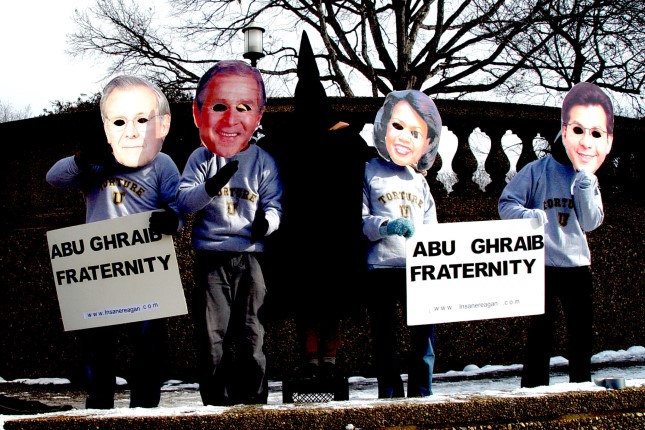
Jan. 20, 2005: Protest in Washington, D.C., during President George W. Bush’s second inauguration. Photo: Thehero / Wikimedia Commons / CC BY 2.0.
CACI — which has tried to get the case dropped 18 times — argues it is not responsible for its employees’ torture of Abu Ghraib prisoners, this time unsuccessfully citing the U.S. Supreme Court’s 2021 Doe v. Nestle decision.
In that case, the justices ruled 8-1 that companies could not be sued under the Alien Tort Statute— which grants federal courts jurisdiction over civil suits brought by foreign nationals alleging violations of international law — for their alleged complicity in the trafficking and enslavement of West African children in the cocoa industry.
In 2013, CACI shocked observers by suing four of the former Abu Ghraib plaintiffs for $15,000 in witness fees, travel allowances, and deposition transcripts incurred by the multibillion-dollar corporation.
Also in 2013, another contractor, Engility Holdings — formerly known as L-3 Services and Titan Corp. — agreed to pay $5.28 million to 71 former prisoners tortured at Abu Ghraib and other U.S. detention sites in Iraq during the American occupation.
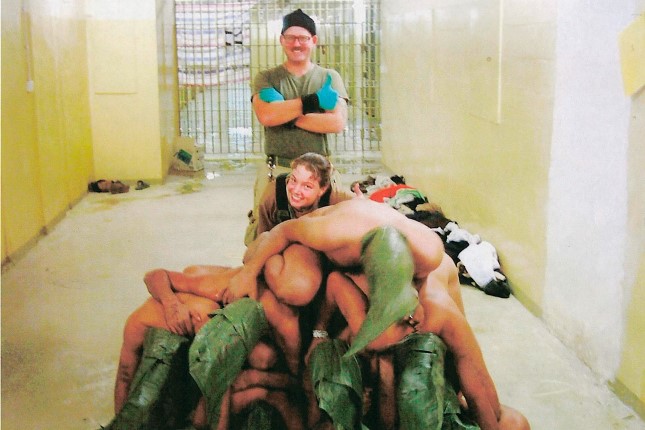
Nov. 7, 2003. CPL GRANER and SPC HARMAN pose for picture behind the nude detainees. SOLDIER(S): CPL GRANER and SPC HARMAN. All caption information is taken directly from CID materials. U.S. Army / Criminal Investigation Command (CID). Seized by the U.S. Government. Photo: Wikimedia Commons.
Center for Constitutional Rights legal director Baher Azmy said Brinkema’s decision “affirms that the human rights norms vindicated by the Alien Tort Statute remain vital and are available to address a case revealing substantial evidence identified by the court that CACI facilitated and promoted the torture and abuse of detainees at Abu Ghraib.”
“The ruling,” Azmy added, “has cleared the way, almost 20 years hence, for our clients to tell their story in open court.”
Main photo: U.S. Army soldiers near a defaced mural of Saddam Hussein at the Baghdad Central Detention Facility, formerly Abu Ghraib Prison, in Baghdad, Oct. 27, 2003 © U.S. National Archives.
Source: Consortium News.
